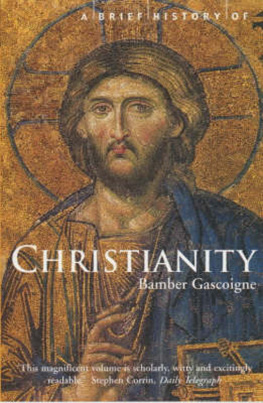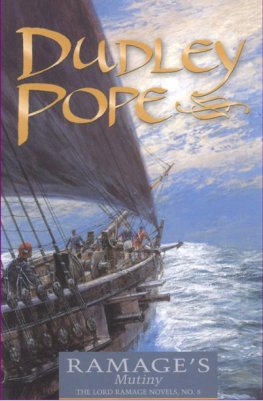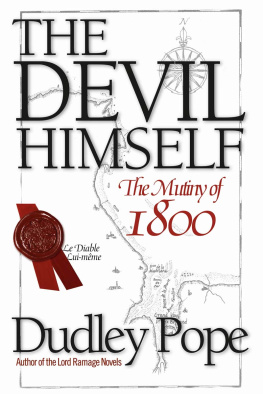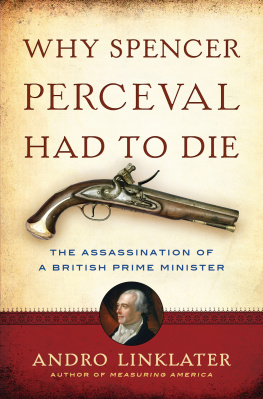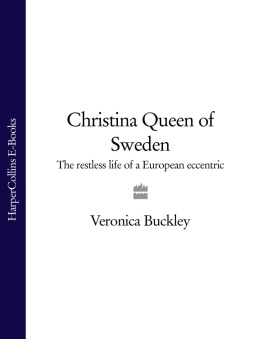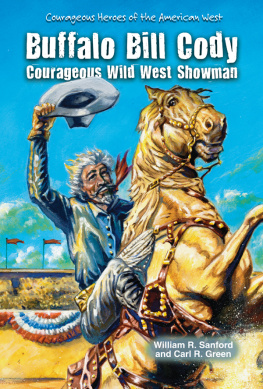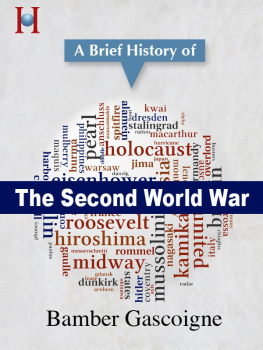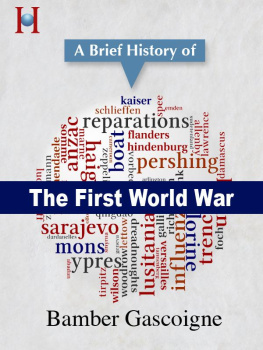PENGUIN BOOKS
BAMBER GASCOIGNES
CHALLENGING QUIZ BOOK
BAMBER GASCOIGNE is best known as the quizmaster for twenty-five years of University Challenge, which he hosted from its launch in 1962. But the central part of his professional life has been as an author, of books and television documentaries.
He has published three novels and several childrens books, illustrated by his wife, Christina, but most of his books have been on widely ranging historical subjects. A particular interest has been the history of prints, resulting in Milestones in Colour Printing and How to Identify Prints, now a standard textbook in colleges and museums. His Encyclopedia of Britain covers all the best-known aspects of British history and culture.
Since 1994 he has been writing a digital history of the world for the internet. It went online in 2001 as www.historyworld.net and in 2002 won the New Statesman New Media award as Britains best educational website. In 2007 he launched a related site, at www.timesearch.info , using timelines as a way of searching the internet.
He and his wife have lived near the Thames in Richmond since 1967.
The answers to the questions on the back cover can be found on pages 319, 231, 247 (twice), 300 and 380.
BAMBER GASCOIGNE
Bamber Gascoignes
Challenging Quiz Book
ALLEN LANE
an imprint of
PENGUIN BOOKS
PENGUIN BOOKS
Published by the Penguin Group
Penguin Books Ltd, 80 Strand, London WC2R 0RL, England
Penguin Group (USA) Inc., 375 Hudson Street, New York, New York 10014, USA
Penguin Group (Canada), 90 Eglinton Avenue East, Suite 700, Toronto, Ontario, Canada M4P 2Y3
(a division of Pearson Penguin Canada Inc.)
Penguin Ireland, 25 St Stephens Green, Dublin 2, Ireland
(a division of Penguin Books Ltd)
Penguin Group (Australia), 250 Camberwell Road, Camberwell, Victoria 3124, Australia
(a division of Pearson Australia Group Pty Ltd)
Penguin Books India Pvt Ltd, 11 Community Centre, Panchsheel Park, New Delhi 110 017, India
Penguin Group (NZ), 67 Apollo Drive, Rosedale, North Shore 0632, New Zealand (a division of Pearson New Zealand Ltd) Penguin Books (South Africa) (Pty) Ltd, 24 Sturdee Avenue, Rosebank, Johannesburg 2196, South Africa
Penguin Books Ltd, Registered Offices: 80 Strand, London WC2R 0RL, England
www.penguin.com
First published 2007
1
Copyright Bamber Gascoigne, 2007
All rights reserved
The moral right of the author has been asserted
Except in the United States of America, this book is sold subject
to the condition that it shall not, by way of trade or otherwise, be lent,
re-sold, hired out, or otherwise circulated without the publishers
prior consent in any form of binding or cover other than that in
which it is published and without a similar condition including this
condition being imposed on the subsequent purchaser
EISBN: 9780141901022
To my colleagues in the great adventure
of HistoryWorld and TimeSearch
Preface
In several ways this book is a direct result of University Challenge. In the most obvious sense, my interest in general knowledge derives from days, weeks, months with my nose in encyclopedias even years, come to think of it. I used to spend a day reading round the questions before each trip to Manchester to record two programmes. In twenty-five years there were about 500 recording days. If I am allowed a five-day week and four weeks holiday a year, that works out at two years and a month pottering around among random scraps of information.
So I have had a necessary interest in facts. But the link with University Challenge goes deeper. The experience of asking so many questions, to intelligent and highly competitive students, convinced me that there is a broadly definable territory that almost deserves capitals and can be called General Knowledge. It consists of all the information that for many people will ring at least a faint bell, however far away in the back of the mind.
If I asked the students a difficult question that nevertheless fell within this territory, there would always be one or two who would look distraught, clasp their hands to their foreheads, sit up very straight, sway back and forth all symptoms expressing surely, surely, surely I know that? And then, when I gave the answer, there would be an exhalation, a gentle collapse, a smile and the hint of a nod, as if to say, yes, of course!
If a question was way outside the territory, the reaction would be very different a look of startled bewilderment to be followed, when the unheard-of answer came, by the nearest one can get to expressing outrage in silence.
So what lies within the boundaries of general knowledge? The information inside has earned its place for good reason most often because it is genuinely important (significant moments or famous people in politics, war, literature, art, entertainment), or because it has always had tabloid appeal (Jack the Ripper, the death of a suffragette in the Derby, the sinking of the Titanic), or because a character is horrible (Scrooge) or endearing (Mr Pooter) or both (Toad), or because a quotation has tickled the publics fancy mad, bad and dangerous to know said of Byron, or more recently, he would, wouldnt he? in the Profumo case, and Mrs Thatchers glowing tribute to her deputy, William Whitelaw: Every prime minister needs a Willie.
The territory is, of course, different in different contexts. There is international and national and local general knowledge. But in each case the borders are self-perpetuating. It is within them that journalists or speech-writers look for analogies and metaphors, because they know that their audience will meet them halfway. It is here that people setting quizzes instinctively seek out their questions, in the confidence that they are likely to be answered. And the more the facts within get repeated, the more unfamiliar become those lying outside exactly as bestselling authors, by their dominance of the bookshop windows and the column inches, move steadily further away from the competition.
This belief in the reality of General Knowledge prompted a book that I wrote about fifteen years ago. Called Encyclopedia of Britain, it was an attempt to deal with the best-known details of every aspect of life in this country, whether in politics or art, science or religion, football or fashion or food. I asked a sample selection of people what they considered the leading names or places or events in each field. A clear consensus seemed to emerge and I followed it justified, I think, by the fact that very few readers have ever complained of specific omissions.
This quiz book continues the theme. It is linked to two large general-knowledge websites on which I have spent all my time for the past ten years. I moved into digital information after being bowled over by the first serious CD-ROM that came my way (it contained, described, compared and set in context all the paintings in Londons National Gallery). It made me decide that I must write for this extraordinary new medium, and the first topic that occurred to me was a large one no less than a narrative encyclopedia of world history in interactive form. This is now online under the title HistoryWorld (at www.historyworld.net ). From it, there has recently emerged an offspring, TimeSearch (at www.timesearch.info ), which uses 10,000 events from world history as a way of searching the internet for historical content.
Both these projects operate within the territory of General Knowledge, and the answer to each of the 2000 questions in this book can be found in them (indeed the date given within each question or answer will lead you to more information on the subject if you go to that year in
Next page

